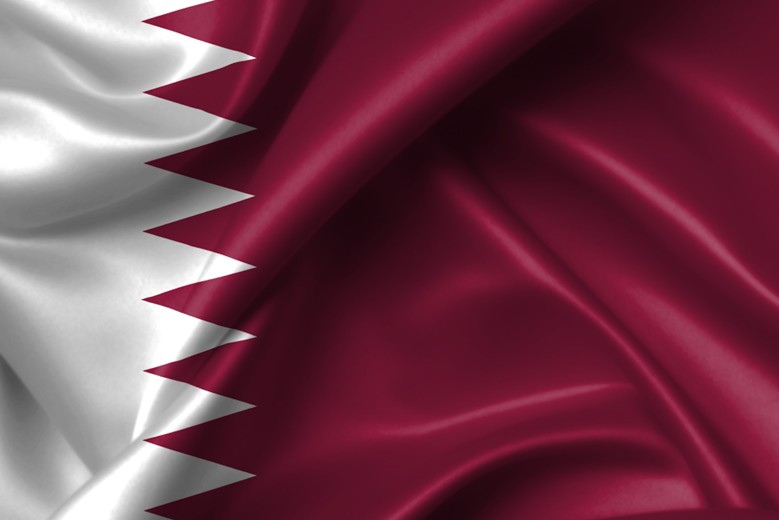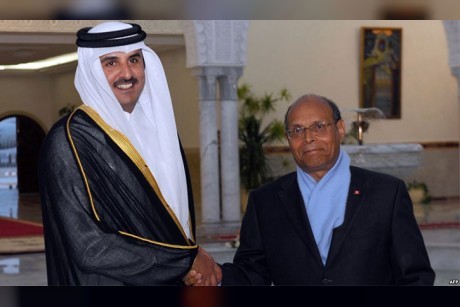Following what is said and written about the Gulf state of Qatar in the news is a learning experience, bias is a sin in journalism, as is mixing personal interests with reporting.
In her article "Peace, prosperity and Qatar," Egyptian journalist Amina Khairy wrote that reports often reflect either hatred of this “tiny and wealthy-by-luck” state, or infatuation with the unprecedented success of this “small-but-mighty” nation.
There seems to be nothing in between. Even “unbiased” Western journalists and researchers well-known for their “professional” coverage and study of the Middle East sometimes find themselves, or rather are to be found, in an awkward situation and producing a strange type of journalism, said Khairy.
Bias is a sin in journalism, as is mixing personal interests with reporting.
Objectivity is the goal. This is what university departments of Mass Communication have been teaching for decades.
Even though journalism in the Arab world is far from being at its best, we might have expected more professionalism on the other side of the planet.
In 2011, the Western media, and more specifically the American, fell in love with the “ambitious” “good-will policies” of the small Gulf state of Qatar, which, it said, aimed to modernise the Middle East and give it a helping hand to pull it out of its decades-long stalemate and into a brighter future of modernity, peace and prosperity.
Among the strongest “prosperity” attempts made by Qatar, strongly applauded by many voices in the West, was this Gulf state’s intervention in Libya.
When The New York Times wrote admiringly of Qatar’s intervention in Libya as a “turning point” in early April 2011, the situation in that country was not yet clear.
Some could see storm clouds on the horizon, even if others only felt the breezes of the Arab Spring.
Others still were already starting to realise that what appeared to be a bright future was in fact a fiasco.
In an article entitled “For Qatar, Libyan Intervention May be a Turning Point”, the New York Times did not hide its fascination for Qatar as “the first Arab country to grant political recognition to the Libyan rebels.
Its six Mirage fighter jets flying with western Coalition partners are giving the United States and European allies political cover in a region long suspicious of outside intervention,” it said.
The paper said that Qatari officials were discussing ways to market Libyan oil in order to give the rebels against the then Libyan regime crucial financial support.
Qatar was looking for ways to support them with food and medical supplies, it said, as well as with the extremely powerful tool of media support, with Qatar helping the Libyan opposition create a TV channel using a French satellite to offset the state-controlled Libyan media.
Western political and military leaders sang the praises of how this small but powerful and ambitious state was bringing about a turning point in the region through its courageous intervention.
French defence minister Gérard Longuet said that this was the first time that there had been such a level of understanding between Europe and the Arab world.
This “level of understanding”, among other actions and interventions, played a vital role in bringing about what the region has turned into.
Any discussion of the disasters that have hit the region, including the black hole of Syria where Qatar has also played a role, cannot avoid discussion of Qatari actions.



